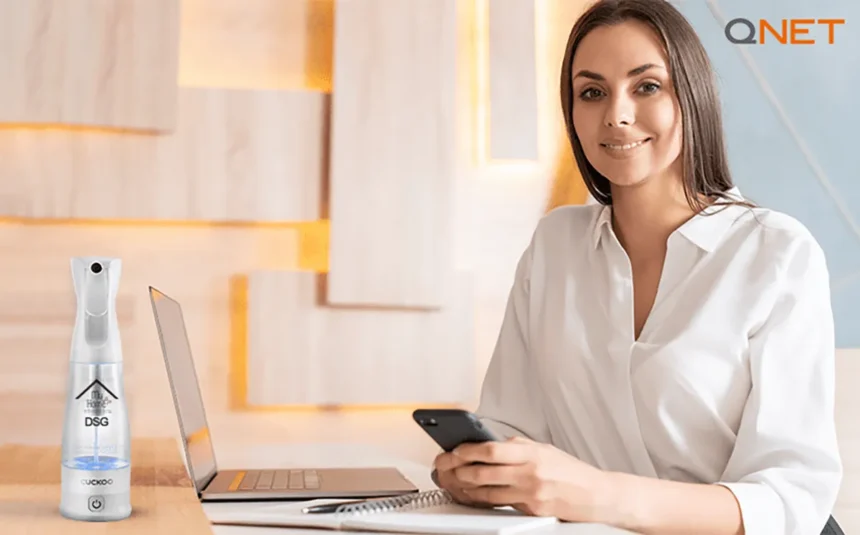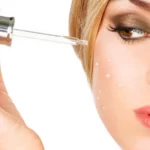Osteoporosis occurs as you lose bone mass and bone quality, causing bones to become brittle and prone to breaking easily. You know you need your calcium, but you might not realize other lifestyle factors that could increase your risk for osteoporosis. There are things you can do now to reduce your risk later on. For example, if you live a sedentary lifestyle you may be inadvertently increasing your chances of osteoporosis.
We suggest three important lifestyle changes to help you reduce your risk of osteoporosis.
Get off the couch
Bone is a living tissue and responds to load. The more you use it, the more it will adapt and strengthen. If it is not subjected to loading, it will waste away. Studies on astronauts have proven this! The weightless environment in space actually caused them to lose bone mass.
The solution for us here on earth? Weight bearing exercises. Maintain an active lifestyle. Exercise can help you build new bone and improve balance, strength, and flexibility so you are less likely to fall and break a bone. An activity such as walking is a great way to strengthen your skeletal structure.
Throw out the salty snacks
One of the dietary factors that could be contributing to bone loss is too much salt. High salt intake increases blood pressure. As the kidneys work to excrete the sodium, calcium is also removed from the bloodstream.
Studies dating back to the 1980s have found possible links between salt intake and urinary calcium excretion. Make simple changes to your diet, such as consuming less processed foods and checking product labels before purchase.
Get some sun
Vitamin D is required for the body to successfully absorb and use calcium, one of the fundamental building blocks of bone. The two main ways to get vitamin D are by exposing your skin to sunlight and by taking vitamin D supplements. You can’t get the right amount of vitamin D your body needs from food.
The most natural way to get vitamin D is by exposing your skin to sunlight (ultraviolet B rays). This can happen very quickly, particularly in the summer. You do not need to tan or burn your skin to get vitamin D. This could be just 15 minutes (preferably before 10 AM and 4 PM later) for a fair skinned person, and an hour or two for a darker skinned person
As for supplements, you can try Nutriplus Bonehealth and let us know if it helps you.








